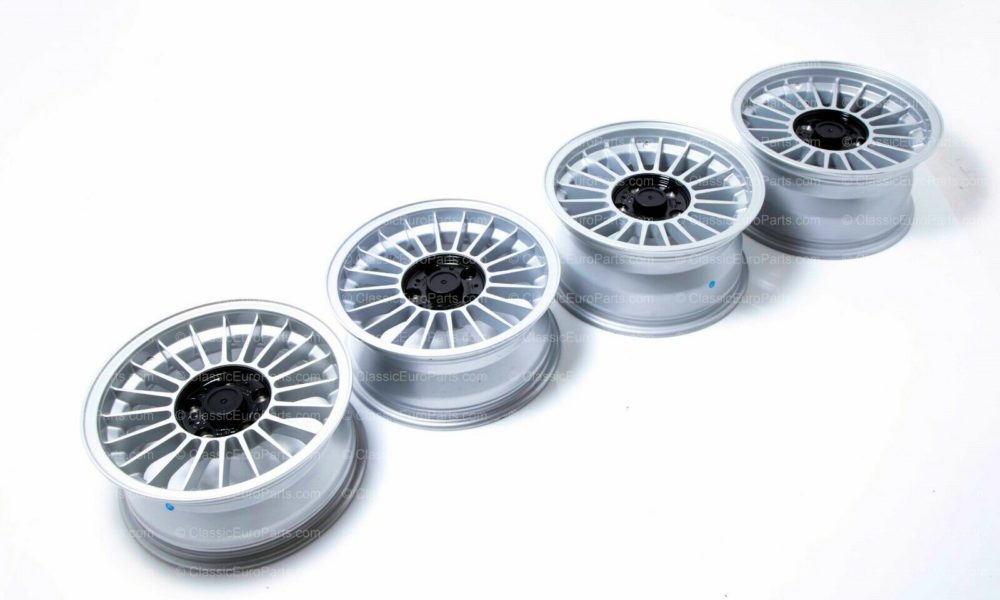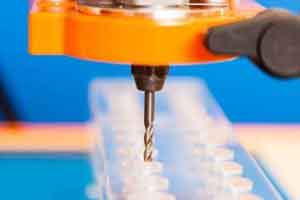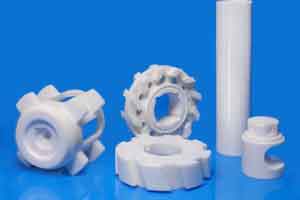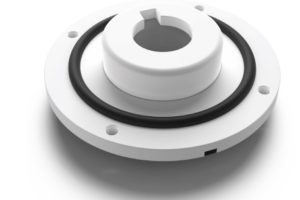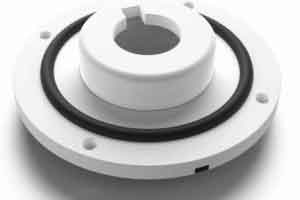Summary: With supply chain hurdles and unprecedented manufacturing demands in medical, flexible manufacturing like 3D printing and CNC machining have risen to the challenge.
The COVID-19 pandemic we are facing has thrown the world into crisis, and virtually all industries are facing unprecedented challenges. One far-reaching part of the global economy that has faced particularly acute challenges is the structure of supply chains. As manufacturing and distribution operations have slowed or altogether stopped because of the pandemic, businesses from across many industries have been left to rethink their supply chains and come up with novel solutions.
It has been interesting to see how businesses are coping with these new challenges, and something that has become clear is that agile manufacturing processes such as CNC machining and additive manufacturing can be used to help ease supply chain problems and help fill gaps in production demand. This is particularly evident in the case of medical and protective personal equipment (PPE) supplies.
While demand for production has decreased in some areas, there has been a drastic increase in the need for medical supplies, especially PPE for healthcare workers, as well as ventilator systems and respirators. As we’ve seen, 3D printing and CNC cutting have come to play a critical role in ramping up medical device production, for rapid deployment to the front lines of COVID-19 treatment.
How rapid manufacturing is helping fight COVID-19
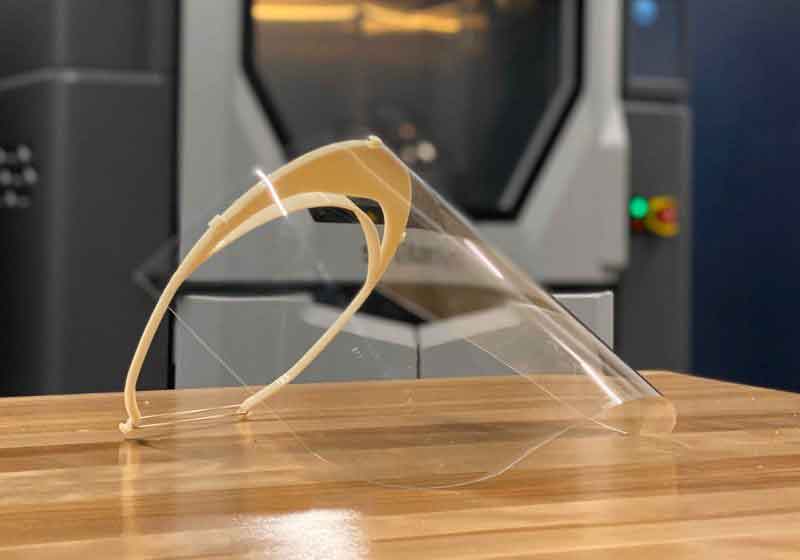
There is no question that mass production manufacturing processes like injection molding are preferable for medical device production. However, in the face of a crisis like the coronavirus pandemic, established mass production supply chains have fallen short, with many hospitals and frontline healthcare providers facing a lack of critical supplies. In this specific emergency context, something astonishing has happened. Manufacturing businesses, rapid prototyping services, and even individuals have mobilized to produce PPE and other helpful devices using their resources. Here are some keyways that agile manufacturing has helped:
- 3D printed and CNC cut face shields
The most common way that businesses and people are helping is in the production of face shields, which are made up of a headband component and a clear plastic sheet, which protects the wearer’s face from potentially infected droplets. Several 3D printable designs have been validated for clinical use, while CNC and laser cutting have also been used to cut both the headband and visor components. These have been deployed in the hundreds of thousands across the world.
- 3D printed and CNC machined medical devices
We have also seen incredible innovation in the development of 3D printed medical devices, including ventilator components (such as splitters), nasal swabs for COVID-19 diagnosis and respirator masks. Parts like 3D printed splitters and CNC machined ventilator valves—while not meeting the massive need for whole ventilator systems—have helped to extend the capacity of existing ventilator systems to care for COVID-19 patients.
- Iterating new designs
Another keyway that 3D printing and CNC machining are helping is to quickly develop and prototype new designs that can help in this dire time. These technologies can drastically speed up development times for new products and can even be used as a temporary production process while tools are developed, and mass production operations are prepared.
Rapid Prototyping Services and COVID-19
Rapid prototyping services such as RapidDirect are in a unique position in this pandemic and are more prepared than some to provide support. This is because rapid prototyping services are based on a manufacturing workflow that is adapted to be flexible. At China Medical CNC Machining Inc., for instance, we produce prototypes and parts for a wide range of industries and applications, so we are used to working with a range of part types. Further, rapid prototyping services also operate industrial-grade facilities which can deliver high quality and consistent parts—after all, manufacturing is our job.
Right now, a decrease in demand from certain sectors means that resources can be shifted to the medical sector for the production of PPE and other components that can protect front-line healthcare workers, as well as workers in the manufacturing and other essential sectors. At China Medical CNC Machining Inc., we have been operational since March 1 and are taking customer orders. To maintain the safety of our team and our clients, we are adhering to preventative measures, including wearing masks and practicing social distancing.
Manufacturing after COVID-19
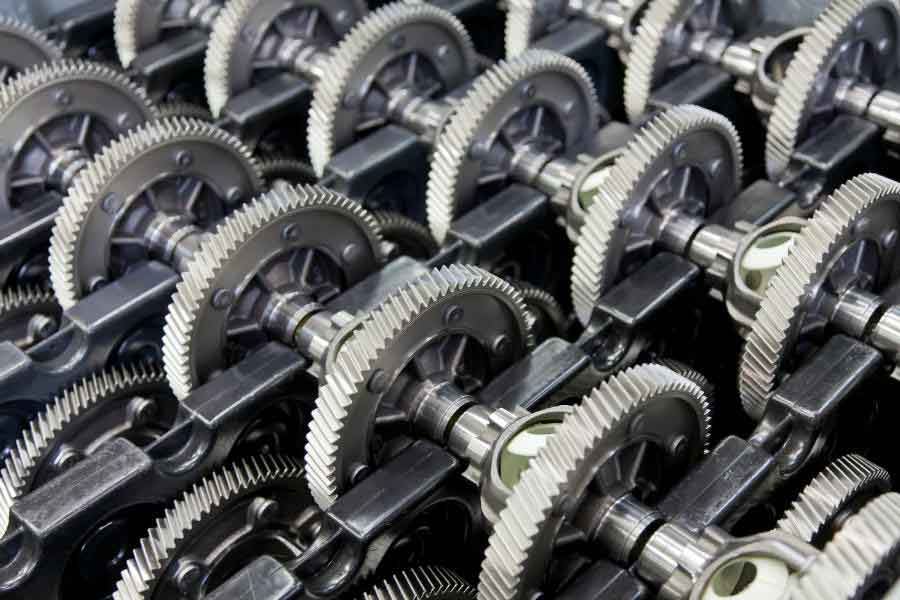
As we are still in the midst of this pandemic, it is challenging to understand the extent of the impact it will have on the manufacturing industries and economies across the globe. What is clear is that perceptions are likely to change, as weaknesses in global supply chains are now more apparent than ever.
It is also possible that things will eventually return to the way they were before, only it is certain that flexible manufacturing processes like CNC machining and additive manufacturing will be more widely used and appreciated. Other new processes, like digital inventories and on-demand production are also likely to become more interesting.
Share on social media...
Tags
Popular Topics
1
Understanding Plastic Fabrication Processes: A Complete Guide
Ayotomiwa Omotosho13 Feb
2
Ceramic CNC Machining: Another Option for Custom Manufacturing
Oluwafemi Adedeji13 Feb
3
The Overmolding Design Guide You Must Never Forget
Oluwafemi Adedeji13 Feb
4
What You Need to Know About the Overmolding Process
Paul Richard05 Feb

